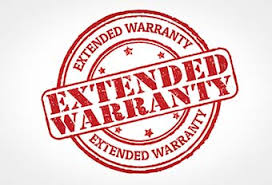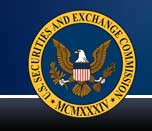
Manufacturing
Manufacturing has taken a dip, with the smallest improvement in sales since 2009 and the companies are blaming the political uncertainties for the difficulties. The Markit Economics manufacturing index fell to 50.8 in April, the lowest it has been since September 2009.
American Households
American households also seem to be retrenching as consumer confidence slides to the lowest level since last September. The unusual and more confrontational nature of the debates, rampant dissatisfaction with the major parties and the uncertainty of where the country would head under pending leadership all are factors.
Business Spending And Investing
Some businesses are delaying spending and investment decisions until there is more clarity about what might be on the minds of the various candidates vis a vis business regulation. Policies that might make a difference in bottom lines are still pending.
Presidential Nominees Positions
Donald trump, likely Republican presidential nominee, has thrown out such possibilities as putting big tariffs on Chinese imports, while Democratic front runner Hillary Clinton has waffled on some of the positions she has championed in the past that were pro-business.
Other Indicators
This sort of flux in political positions has caused a lull of sorts in business activity, economic experts say. Among other indicators, orders for business equipment were down by almost 3 percent in February. The Federal Reserve also has noted signs of increasing unease about the political situation as it makes surveys for the Beige Book. Eight mentions of the campaign were made in the three reports that have been published by the central bank so far this year. In 2012, the last general election year, there were two such mentions. In 2008, there were none.
consumer Angst
The University of Michigan’s monthly confidence survey also indicates more consumer angst about the direction of the country’s politics. The economy may be stagnant as it waits the outcome of the November balloting.




